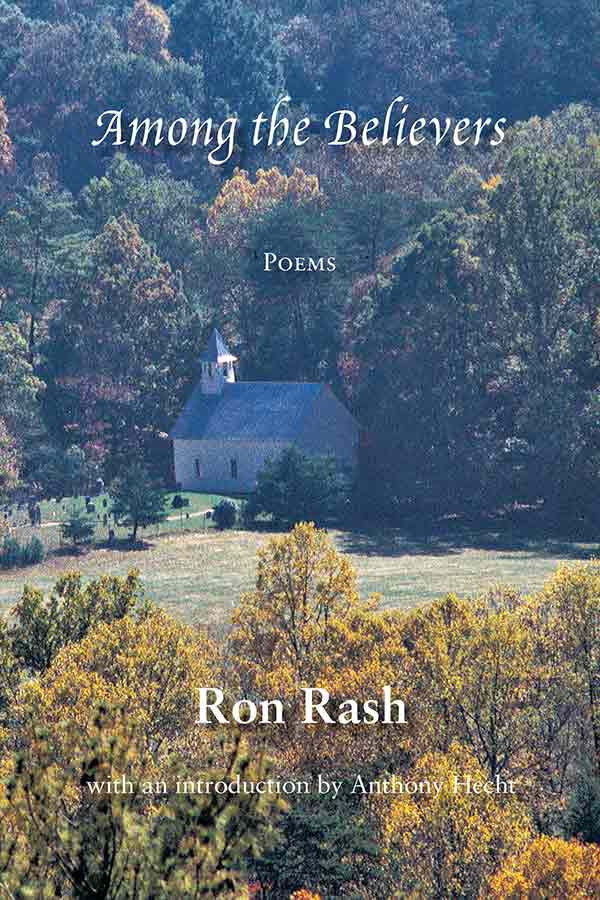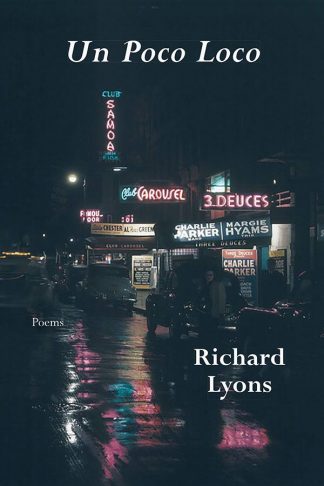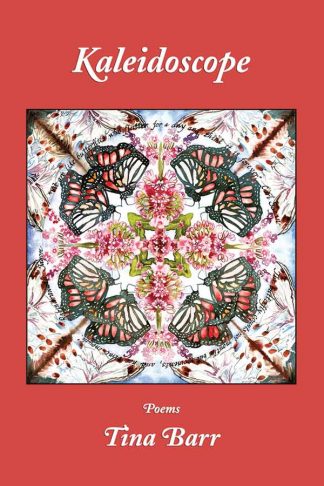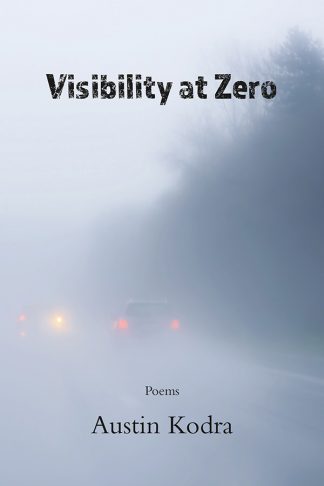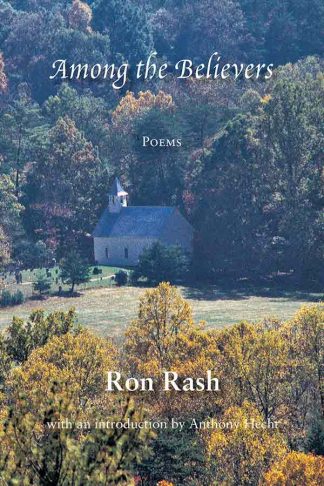Description
This is Ron Rash’s second book of poetry. It is based on the historical realities of the Mountains of western North Carolina, where Mr. Rash’s ancestry goes back for at least five generations. These skillfully crafted and highly compact poems capture the spirit and feeling, the beauty and cruelty, of a place and time which has now largely faded from the American landscape.
Praise for Among the Believers
The language of Among the Believers is Alive. The slant couplets, the vigorous and exact meters, the plain yet vivid diction, make the old words sing and the new words seem inevitable. The narratives and dramatic monologues are spoken with an awesome intensity, recalling both the harsh times and the spirituality of the mountain past. The poems evoke a special feeling for the ceremonial mysteries of everyday life, and they are haunted by mortality, while turning to honor the dead. With his fresh, surprising voice, Ron Rash creates a living past.
— Robert Morgan
This extraordinary volume of poems must be savored and relished one poem at a time, the way we always address any book of poems, most usually finding treasures and delights that especially please us, like plums in a pudding. But this collection I find utterly and astonishingly different. The poems individually are of the highest quality, without doubt; and to find a book composed so uniformly and unfalteringly of excellent poems is, by itself, a stunning experience. But what seems to me the supreme achievement in Mr. Rash’s work inheres in a quality derived partly from his remarkable skill, partly from the richness of his regional past, largely from his dramatic instincts, stoic voice, and deep humanity, that have created here not so much a collection of poems as something with the coherence of a perfectly composed novella–a long account by, say, Chekhov or Faulkner, Eudora Welty or Flannery O’Connor. It has no plot, to be sure. There is no sustained story, suspense, intricacy of interwoven actions. But there is emphatically a pervading and presiding atmosphere: what, in a Hardy novel, would be embodied in a landscape expressive of the destiny of all his characters or dramatis personae, a symbolism that infuses all the lives he creates.
—from the Introduction by Anthony Hecht
